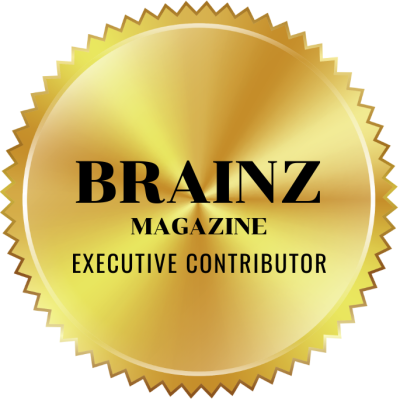If you want to build a successful team for your business, you need to avoid the five causes of team dysfunction. Patrick Lencioni, a leadership expert and organizational consultant, shares the five team dysfunctions and what you should do about each.
- Absence of trust. “Team members need to be able to admit their weaknesses and mistakes, to acknowledge the strengths of others, and to apologize when they do something wrong.”
- Fear of conflict. “Great teams argue. Not in a mean-spirited or personal way, but they disagree when important decisions are made.” Avoiding conflict only leads to mediocrity.
- Lack of commitment. “When team members openly share opinions on a decision, they don’t wonder whether anyone is holding back. When the leader has to step in and make a decision, team members will accept that decision because they know their ideas were heard and considered.”
- Avoidance of accountability. “The best kind of accountability on a team is peer-to-peer. Peer pressure is more efficient and effective than going to the leader, anonymously complaining and having them stop what they are doing to intervene. Members of great teams confront each other when they see something that isn’t serving the team.”
- Inattention to results. “Team members have to be focused on the collective good of the team. Too often, they focus their attention on their department, their budget, their career aspirations, their egos. Great teams put the tangible results of the team ahead of their individual needs.”
Talent Dynamics is the best way I know to get teams into flow and to build accountability and trust within an organisation. If your team suffers from dysfunctionality then get in touch now to find out how Talent Dynamics can help your team





